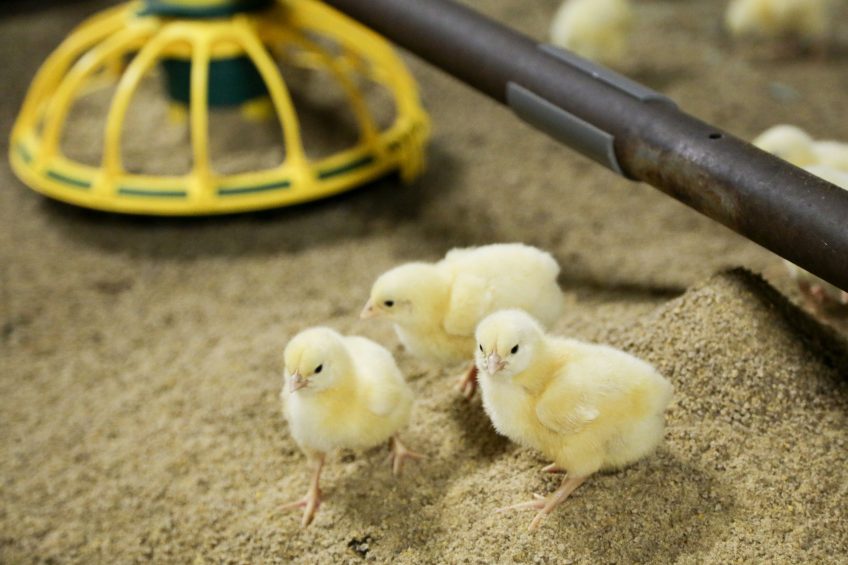Poultry research centre to focus on antibiotic alternatives

Scientists battling to find alternatives to antibiotics to keep poultry healthy are to have a new state of the art centre in the United States thanks to a $150,000 donation from multinational conglomerate Cargill.
The funding will go into the new 4,200 square foot facility at the University of Arkansas’s farm complex north of the Fayetteville campus, and will be named the Cargill Poultry Research Centre. The building is expected to be completed in mid-August.
The facility will be used by poultry health researchers, flock management specialists and nutritionists within the University’s agriculture division. They will be evaluating products currently available, as well as developing novel and promising probiotics and other products to bring to the market.
Matching funding has come from the US’s largest poultry company Tyson Foods.
Mark Cochran, vice president agriculture for the University of Arkansas System Division of Agriculture, said: “At a time when consumers are more interested in the source of their food, it’s increasingly important for the poultry industry to find ways to keep birds healthy in sustainable ways.”
Work at the facility will be led by Professor Billy Hargis, who was named a fellow of the Poultry Science Association in 2015. He said there were many potential alternatives to antibiotics: “These products include probiotics, prebiotics and a host of nutraceutical-type products. However, there is no independent verification of the efficacy claimed for these products. Evaluating these options will be among the first actions to be taken in the new facility.”
Brian Wooming, Cargill turkey veterinarian, added: “Our goal is to continuously work toward reducing the use of antibiotics in animal agriculture and the work that will be done at this new facility is essential to helping achieve that objective.”
Europe
In parts of Europe there is a belief that a dramatic reduction in antibiotic use in food production can be achieved via an integrated, multi-stakeholder approach based on feed, farm and health strategies.
With poultry meat production is expected to increase 72% between 2017 and 2050, there is a dire need for alternatives to antibiotic growth promoters, according to Dr Leo den Hartog, director of research and development at Trouw Nutrition.
Speaking at a recent Asia Pacific poultry conference, Dr Hartog said: “The starting point of any antibiotic reduction programme is assurance of feed and drinking water quality.”
Combining targeted feed and drinking water additives supports gut health and immune modulation. Applying formic, propionic, and lactic organic acids and medium chain fatty acids derived from plant oils reduces bacterial activity and helps balance microbiota.
Controlled release butyrate in combination with specific phytochemicals increases mucus production and supports epithelial cell proliferation and modulation of the gut-associated immune system.
“Combining feed additives with different functions and mode of action is a promising strategy not only to support animals in an AGP-free feed programme, but it is also expected to have prophylactic effects,” he added.
Beyond feed additives and DWAs, he added that strategically managing dietary nutrients and ingredients, such as increasing poultry diet fibre and modifying feed particle size could help reduce reliance on antibiotics while maintaining animal performance.













